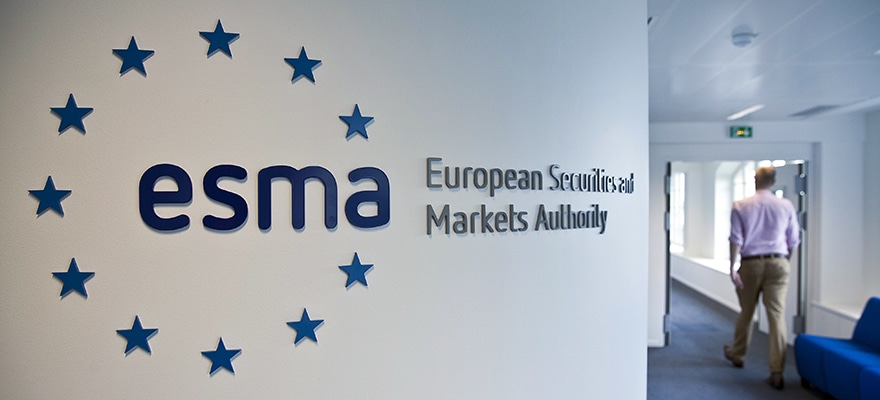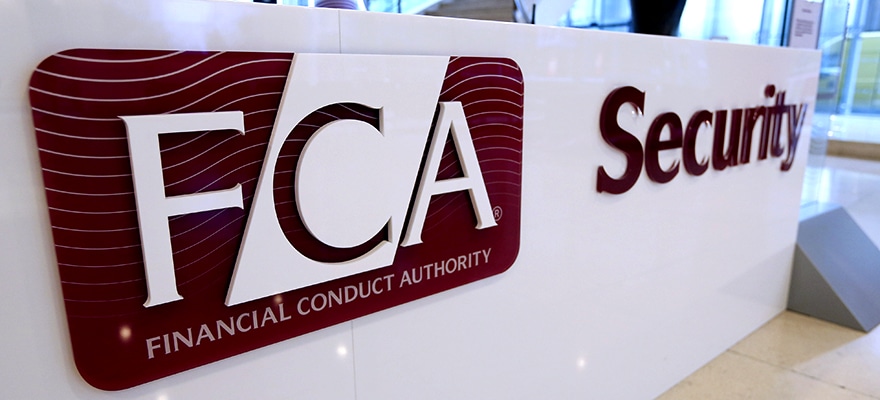In this series of articles I will be tackling a range of detailed questions about how EMIR Trade Repository reporting should already be working in the European retail Forex community, and how the reporting pattern will change when mark to market and margin become reportable in August 2014.
In this first piece, however, I want to dispel any remaining trace of the myth that this has nothing to do with you. If you are an entity incorporated in the EEA and trade derivatives for your own account or offer them to clients, you are caught by the legislation. This is true whether or not you are currently regulated as a financial services firm, as EMIR reporting applies to non-financial firms too.
You should not be misled by the current discussions about the exact boundaries between spot and forward transactions. Nor should you equate your rolling spot forex contracts with simple spot transactions (which are not reportable).
The basis for classifying both rolling spot and binary options as reportable derivatives stems from formal answers given by the European Commission during the bedding in of MiFID (the Markets in Financial Instruments Directive) after 2007. EMIR does not seek to re-define basic components of the market, such as what constitutes a derivative, but instead relies on the building blocks already established by MiFID.
Here is what the MiFID answers have to say about rolling spot forex transactions in 2011 (question ID 982)
“As opposed to spot trading where there is immediate delivery, a rolling spot FX contract can be indefinitely renewed and no currency is actually delivered until a party affirmatively closes out its position. This exposes both parties to fluctuations in the underlying currencies. Hence rolling spot foreign exchange contracts are a type of derivative contract (i.e. either a forward or a financial contract for difference) relating to currencies and are considered financial instruments as defined under MiFID”
Since a forward must usually have a defined termination date, rolling spot forex trades are most accurately seen as CFDs based on the underlying currency pair, rather than being the same in kind as the non-reportable spot forex transactions. We have helped dozens of clients to map their daily rolling spot forex trades to a compliant EMIR report using the CFD pattern of reporting.
In another equally clear pronouncement (ID 955) the questioner asks about the inclusion in MiFID of binary options, which he describes as:
“binary/digital options in a number of underlying products (e.g. oil, gold, indices, currencies, stocks etc). These binary options are private contracts between the client and the Binary Options Trading Company – not traded anywhere else – and are settled in cash”
The Commission’s response is to state:
“As the binary option you are referring to is a derivative contract settled in cash, it seems that these meet the definition of financial instruments. Therefore, companies offering investment services and activities in these binary options should be authorised as investment firms under MIFID”
Binary options as an OTC derivative are therefore caught by the EMIR Regulation and can be reported as an option based on a range of underlying assets (with forex being the most popular). The pattern of reporting is not too complex to understand (as will be shown in a subsequent article) but what may dismay some binary options brokers is that there are no lower limits for reportability, either on the basis of value or maturity. Every one of the £10 stake 60-second expiry bets on EUR/USD you execute during each day is reportable in just as much detail as the 5-year Inter-Bank Interest Rate Swaps which were the original target of the legislation.
The transaction volumes are daunting, but with a little guidance each of these retail derivative products can be reported in the correct format to satisfy even the most rigorous regulator.















